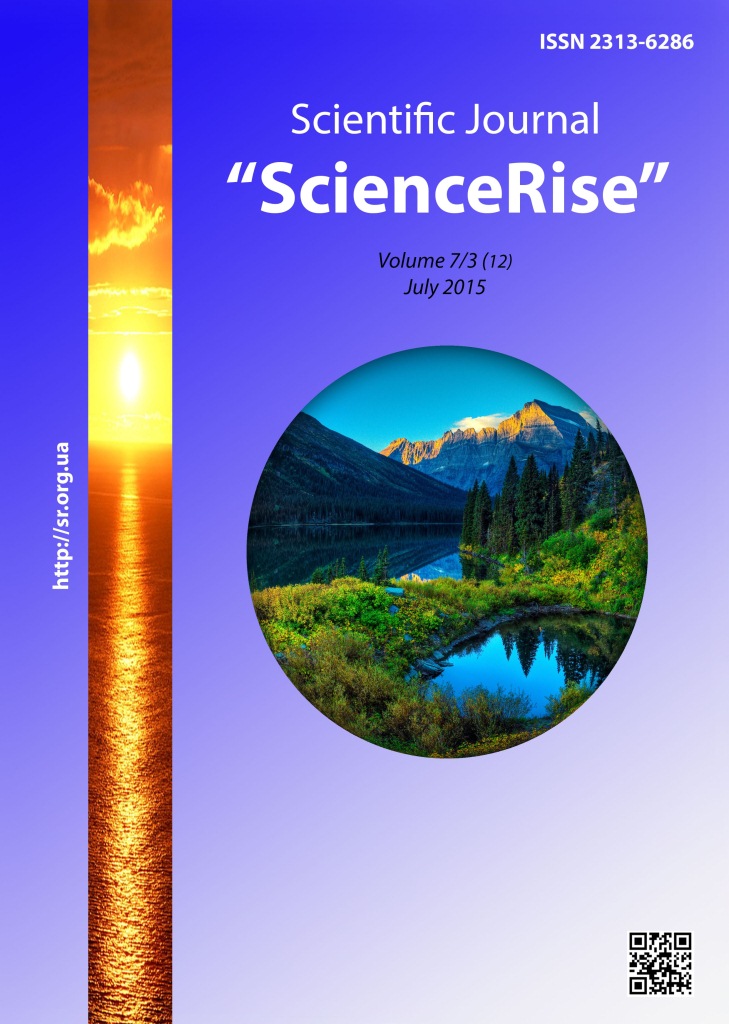Мотивационное управление поведением персонала
DOI:
https://doi.org/10.15587/2313-8416.2015.47324Ключевые слова:
трудовая мотивация, мотивационная концепция управления поведением персонала, методический подход, условная мотивационная категория, мотивограмма.Аннотация
В статье аргументируется необходимость перехода к нетрадиционной (мотивационной) концепции управления поведением персонала; обосновывается настоятельная потребность в разработке универсального инновационного подхода к классификации персонала, обеспечивающего внедрение мотивационной модели; предлагается оригинальная методика, базирующаяся на разграничении наемных работников на условные категории и составлении мотивограмм; представляются и анализируются результаты пилотной апробации авторского методического подхода.
Библиографические ссылки
Milyaev, L. G. (2005). Motivation, evaluation and remuneration of the staff of organizations: monograph. Barnaul: Publishing house of Alt. state technical University,190.
Milyaev, L. G., Fedorkevich, D. Y. (2011). Teoretiko-methodological and applied aspects of HR management organizations. Novosibirsk: Siberian University publishing house, 180.
Milyaev, L. G., Fedorkevich, D. Y. (2014). Methodological tools of personnel management. N-Birsk: Siberian University publishing house, 200.
Pyankov, S. A. (2004). Methodical approaches to the development of motivational models of personnel management research and production associations: dis. Cand. Econ. Sciences. Barnaul: Altai state University, 152.
Leonov, S. G. (2008). Development of motivational models of management of scientific-pedagogical staff of the University: dis. Cand. Econ. Omsk: Omsk state University, 2008. – 150 p.
Fomin, S. A. (2008). Assessment and stimulation of the personnel in conditions of transition to innovative way of development: dis. Cand. Econ. Sciences. Omsk: Omsk state University, 155.
Загрузки
Опубликован
Выпуск
Раздел
Лицензия
Copyright (c) 2015 Лариса Григорьевна Миляева, Денис Юрьевич Федоркевич

Это произведение доступно по лицензии Creative Commons «Attribution» («Атрибуция») 4.0 Всемирная.
Наше издание использует положения об авторских правах Creative Commons CC BY для журналов открытого доступа.
Авторы, которые публикуются в этом журнале, соглашаются со следующими условиями:
1. Авторы оставляют за собой право на авторство своей работы и передают журналу право первой публикации этой работы на условиях лицензии Creative Commons CC BY, которая позволяет другим лицам свободно распространять опубликованную работу с обязательной ссылкой на авторов оригинальной работы и первую публикацию работы в этом журнале.
2. Авторы имеют право заключать самостоятельные дополнительные соглашения, которые касаются неэксклюзивного распространения работы в том виде, в котором она была опубликована этим журналом (например, размещать работу в электронном хранилище учреждения или публиковать в составе монографии), при условии сохранения ссылки на первую публикацию работы в этом журнале .

